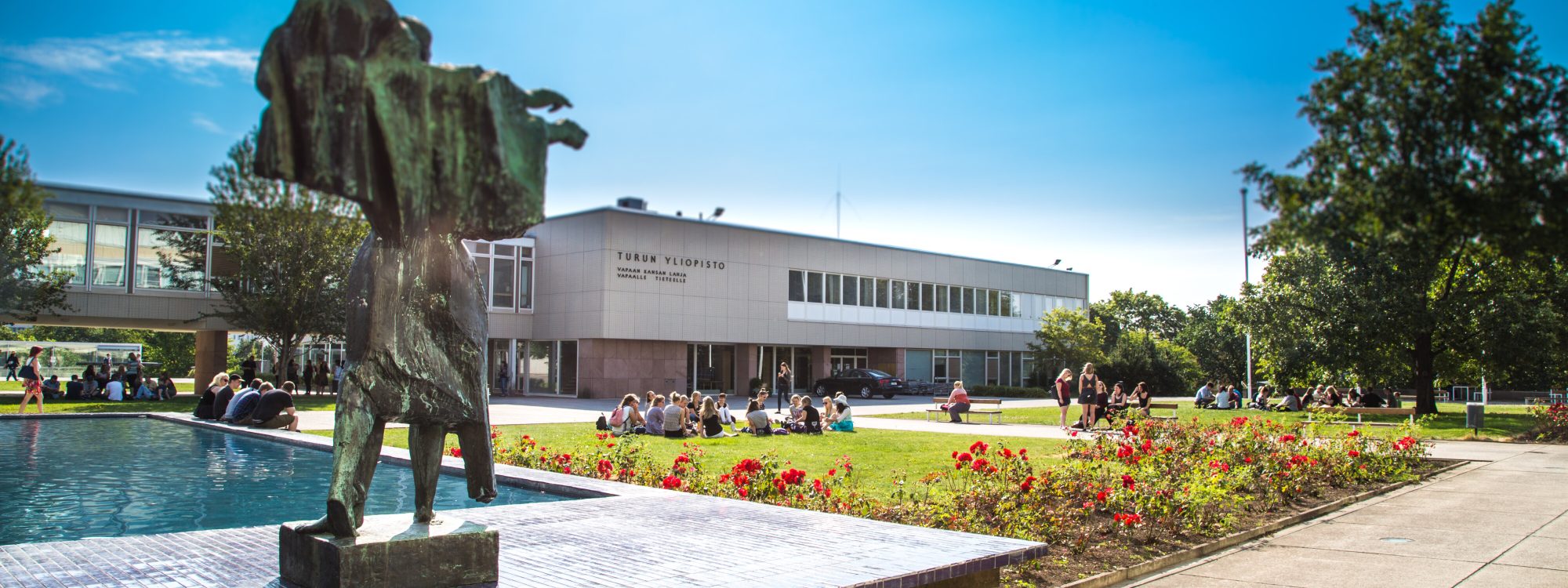Smart Systems
In recent years we have witnessed the emergence of many autonomous and intelligent devices. Home appliances like automated vacuum cleaners and lawn mowers, as well as delivery drones and self-driving cars, just to name a few, are examples of how smart systems are becoming part of our daily lives. Roughly speaking, a smart system should be able to collect data through sensors and interact with the environment by means of actuators, in a way that emulates intelligent behavior.
Mission
Our mission is in line with the Strategy 2030 of the University of Turku. We develop cutting-edge research, creating innovative smart technologies that enhance and aid human activities. We promote the education of highly skilled professionals, equipping them with the knowledge and skills necessary to excel in the modern industry. Our commitment extends beyond academia as we actively engage with society, offering support for informed decision-making and addressing contemporary technological challenges.
These three pillars (research, teaching and societal impact) of our mission are detailed below.
Research
The main directions of our current research in smart systems are outlined below.
Intelligent control: Intelligent controllers play an essential role in the design of more precise and energy-efficient smart systems, resulting in more safety, productivity, and sustainability. Combining modern nonlinear control techniques with machine learning algorithms , it is possible to design control strategies capable of dealing with the uncertainties and external disturbances inherent to the unstructured world in which we live.
Autonomous systems: By interacting more closely with humans, smart systems will increasingly face unexpected situations and must be able to make quick decisions that respect the moral and ethical issues of our society. This exciting research area is at the fore front of technological development and also offers the possibility of dealing with a multidisciplinary scientific topic.
Smart manufacturing: By leveraging real-time data analytics and predictive modeling, smart industries can anticipate and adapt to dynamic manufacturing environments, minimizing downtime, reducing waste, and enhancing overall productivity. The ultimate goal of this research line is to transform traditional industry into agile, adaptable, and sustainable smart factories of the future.
For more details, check out [Research].
Teaching
We are actively engaged in bachelor’s, master’s and doctoral degree programmes. We are also responsible for the Smart Systems track of the Master’s Degree Programme in Mechanical Engineering. In order to meet the current demands of modern industry, the Smart Systems track gives access to courses in robotics, machine learning, intelligent control, digital factory, systems engineering and modeling, among others. This interdisciplinary approach offers a wide range of cutting-edge knowledge in smart technologies and helps professionals step through the doors of the fourth industrial revolution.
For more details, check out [Teaching].
Societal Impact
Our commitment extends beyond academia as we actively engage with society on multiple fronts. In addition to our academic pursuits, we serve on advisory committees, collaborating closely with industry partners to provide expertise and guidance in areas directly linked to our research activity. This engagement ensures that our cutting-edge research is not only innovative but also relevant and impactful in addressing real-world challenges faced by companies. We are also deeply invested in fostering scientific and technological literacy in our community, particularly among young learners in elementary and secondary schools, inspiring the next generation of innovators and problem-solvers. By bridging the gap between academia, industry, and education, we strive to create a more informed and technologically proficient society, poised to meet the challenges of the future.
For more details, check out [Societal Impact].
Team










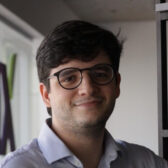





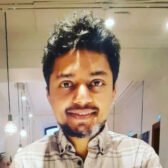




News
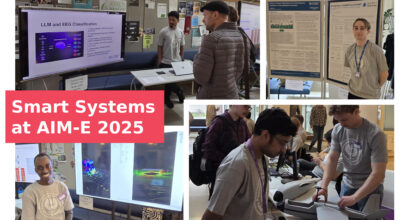
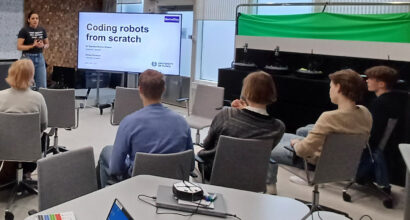
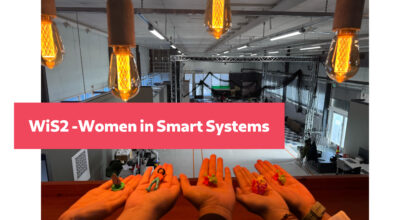
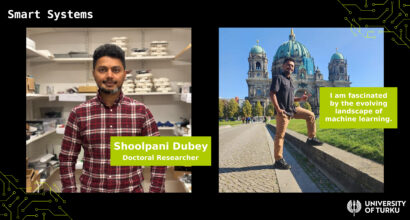
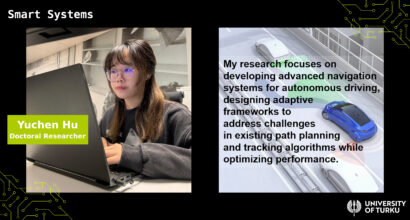
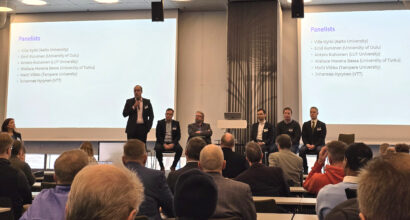
For more info and news, visit our [News Archive].
